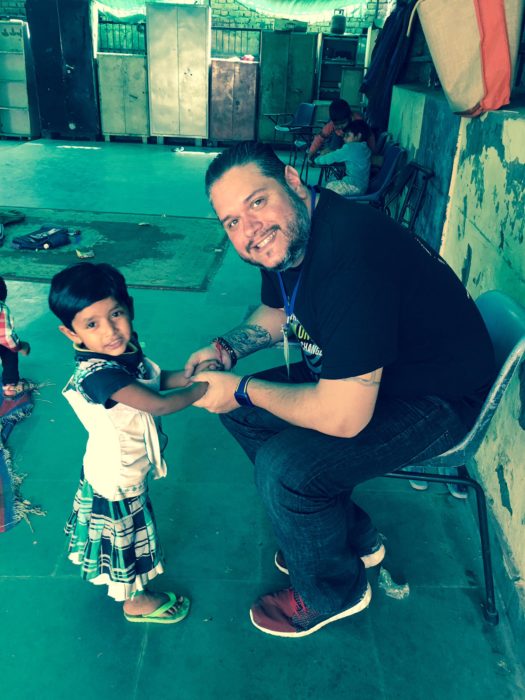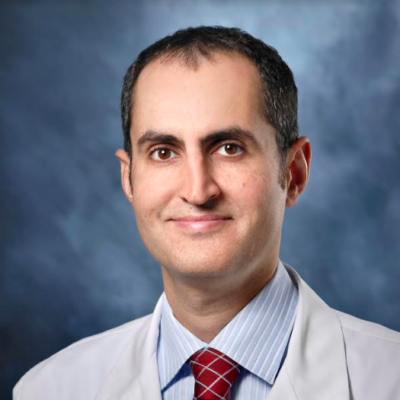 Addressing the Emotional Scars of Cancer
Addressing the Emotional Scars of Cancer
Quality of life is a broad multidimensional concept that considers a person’s physical, emotional, social, and spiritual well-being. According to data from the National Health Interview Survey, approximately 1 in 4 cancer survivors reports a decreased quality of life due to physical problems and 1 in 10 due to emotional problems.1
Consider the following:2
- At least 35% of people impacted by cancer experience significant emotional distress and more than 50% of those experiencing distress don’t seek traditional support.
- The National Cancer Institute reports that 25% of cancer survivors experience depression, 45% of cancer survivors experience anxiety, and that cancer survivors are twice as likely to commit suicide as the general population.
- In young adult patients, the highest levels of distress often happen 13-24 months post-treatment
- Mortality rates in breast cancer patients suffering from depression are 25-39% higher than those not suffering from depression.
- Volunteering in the population at large enhances happiness, life satisfaction, self-esteem, sense of control over life, physical health, and can be associated with a decrease in depression.
Unfortunately, services aimed toward healing the emotional challenges of cancer remain limited, mostly focused on traditional in-person and online support groups. The Journal of Clinical Oncology cites the need to recognize emotional distress as a core indicator of a patient’s health and well-being.
There is a tremendous need for helping cancer patients and survivors heal the emotional scars of cancer more quickly, so they can reintegrate back into their families, communities, and workplaces and ultimately live more purposeful and meaningful lives – whether living with or beyond cancer.




